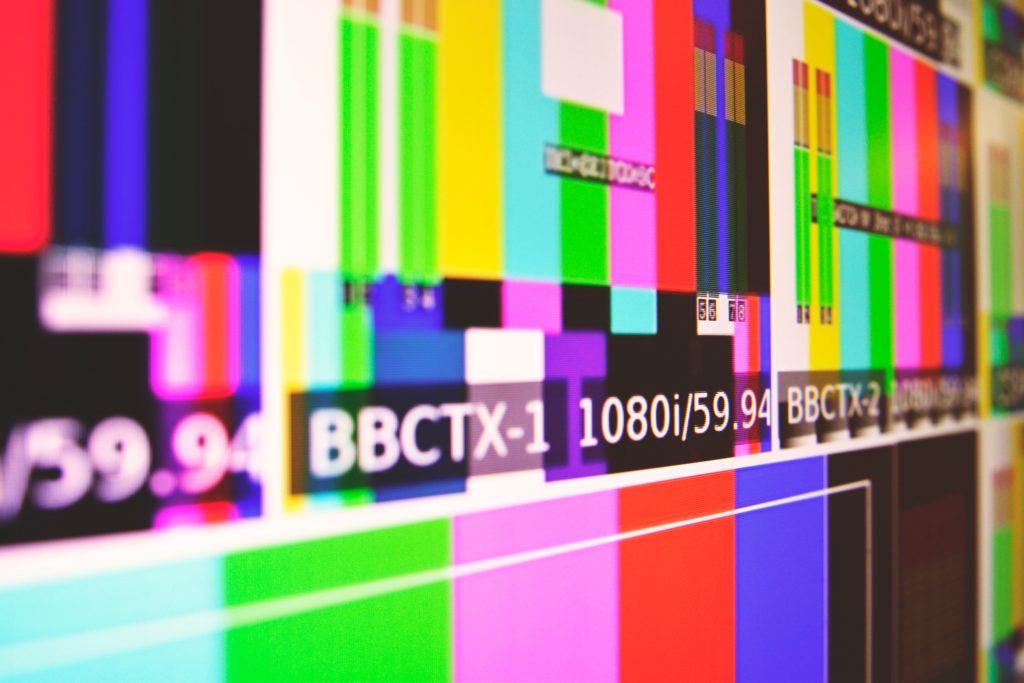
While our lives have been upended by the pandemic, the outrage triggered by the killing of George Floyd has drawn vital attention to the global scourge of racism. The impact of the Black Lives Matter movement has been immediate and spectacular. Protesters around the world have braved Covid-19 to amplify their anti-racist message.
In the UK, a totemic moment occurred as a controversial statue to slaver Edward Colston was torn from its pedestal and thrown into Bristol Harbour. This has prompted debate around the role and meaning of public art – one that will likely gain traction as it will provide a distraction from the politics of coronavirus.
Black Lives Matter has provoked an international reckoning in the creative industries. Apologies for intolerance and systemic racism have been issued from firms, institutions and individuals, from Anna Wintour of Vogue to the Royal Central School of Speech and Drama.
There have also been highly publicised statements of regret from comedians and light entertainers for past racial insensitivities. Jimmy Fallon, Ant and Dec, Matt Lucas and David Walliams of Little Britain, and Leigh Francis of Bo Selecta have apologised for previously performing in blackface.
Each celebrity makes clear that this was a different time, that they would make better choices now. This rings false. Unlike the Colston statue, Bo Selecta and Little Britain are recent cultural artefacts. While our understanding of social injustice may have evolved, the 2000s was hardly an era where racist representation went unchallenged. The offence caused by Bo Selecta and Little Britain (Malik, 2010) was noted at the time.
It was reported by those directly affected by it: black performers like Craig David and Trisha Goddard whose personal lives and careers suffered as a result of Francis’ caricatures. Caricature attacks the individual, but also paradoxically makes them recognisable, through the grotesque distortion of physical appearance. In Bo Selecta, this was combined with racial stereotyping. Goddard noted that this emboldened people’s casual racism towards her and her family.
Comedy’s theorised function of providing a ‘release valve’ for social taboos has been used to defend comedic use of stereotypes, including blackface. A familiar answer to complaints of misrepresentation is to assert oversensitivity, the unwillingness to take a joke. Yet, being the butt of a joke is disempowering and has a negative cumulative effect on personal and collective self-esteem. A better use of caricature is to subvert stereotype, to punch up rather than down.
The apparently sudden realisation of blackface’s unacceptability has prompted the removal of comedy series such as The Mighty Boosh and The League of Gentlemen from Netflix and Little Britain from iPlayer. Removing content like this, or Gone With The Wind from public circulation is a flimsy, tokenistic gesture, a means of skirting rightful critique of these representations and the industries that produced them. Allowing cultural debates to centre on relics of racial injustice, even recent ones, runs the risk of overshadowing the more discreet, more crucial work of dismantling systemic racism.
Dr Hannah Andrews is a Senior Lecturer in Media, Film and Television at Edge Hill University.
Refs: Malik, S. (2010) ‘How Little Britain ‘does’ race’ in Lockyer, S. (ed) Reading Little Britain: Comedy Matters on Contemporary Television. London: I.B. Tauris, 75 – 94.
Related post:
A note from the editor: Black Lives Matter
Photo by Tim Mossholder on Unsplash
